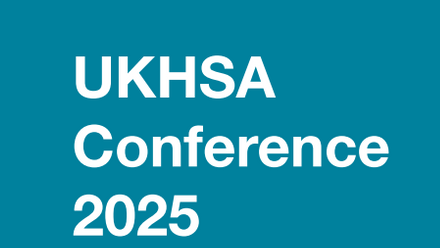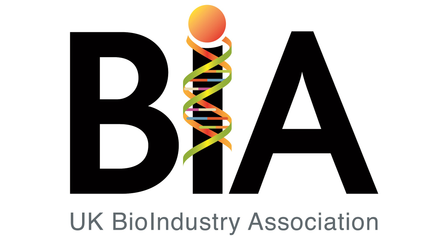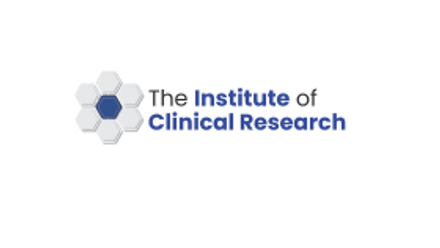Vertex announces reimbursement agreement for beta thalassaemia in England
Vertex Pharmaceuticals (Nasdaq: VRTX) announced today a reimbursement agreement with NHS England for eligible transfusion-dependent beta thalassaemia (TDT) patients to access the CRISPR/Cas9 gene-edited therapy, CASGEVY® (exagamglogene autotemcel), from today.
The reimbursement agreement comes as the National Institute for Health and Care Excellence (NICE) issues positive guidance recommending CASGEVY’s use in the NHS.
The United Kingdom (U.K.) Medicines and Healthcare products Regulatory Agency (MHRA) granted CASGEVY the first authorisation in the world for a CRISPR-based gene-editing therapy on November 15, 2023.
“Securing access to CASGEVY is a historic moment for people living with transfusion-dependent beta thalassaemia who, for too long, have had limited options for this life-shortening disease,” said Ludovic Fenaux, Senior Vice President, Vertex International. “Through collaboration with NHS England and NICE, we have reached this landmark agreement that recognises the value a one-time treatment can provide to patients, their families and the healthcare system.”
The administration of the therapy requires experience in stem cell transplantation and the management of haemoglobinopathies; therefore, Vertex is engaging with experienced hospitals throughout England to establish a network of independently operated authorised treatment centres (ATCs).
Vertex continues to work collaboratively with NICE and NHS England to ensure eligible sickle cell disease (SCD) patients in England can also access this treatment as soon as possible. In the European Union, Vertex is working closely with reimbursement authorities to bring this innovative therapy to eligible SCD and TDT patients rapidly as the company has done in the United States, the Kingdom of Saudi Arabia and Bahrain.
About Transfusion-Dependent Beta Thalassaemia (TDT)
TDT is a serious, life-threatening genetic disease. TDT patients report health-related quality of life scores below the general population and significant health care resource utilisation. TDT requires frequent blood transfusions and iron chelation therapy throughout a person’s life. Due to anaemia, patients living with TDT may experience fatigue and shortness of breath, and infants may develop failure to thrive, jaundice and feeding problems. Complications of TDT can also include an enlarged spleen, liver and/or heart, misshapen bones and delayed puberty. TDT requires lifelong treatment and significant use of health care resources, and ultimately results in reduced life expectancy, decreased quality of life and reduced lifetime earnings and productivity. In Europe, the mean age of death for patients living with TDT is 50-55 years. Stem cell transplant from a matched donor is a potentially curative option but is only available to a small fraction of people living with TDT because of the lack of available donors.
About CASGEVY® (exagamglogene autotemcel)
CASGEVY® is a non-viral, ex vivo CRISPR/Cas9 gene-edited cell therapy for eligible patients with SCD or TDT, in which a patient’s own hematopoietic stem and progenitor cells are edited at the erythroid specific enhancer region of the BCL11A gene through a precise double-strand break
CASGEVY is approved for certain indications in multiple jurisdictions for eligible patients.
In Great Britain, CASGEVY was granted Conditional Marketing Authorisation for the treatment of patients 12 years of age and older with either TDT or SCD (with recurrent vaso-occlusive crises who have the βS/βS, βS/β+ or βS/β0 genotype), for whom hematopoietic stem cell transplantation is appropriate and a human leukocyte antigen matched related hematopoietic stem cell donor is not available. As such, further evidence related to the safety and efficacy of CASGEVY is being evaluated annually.
For complete product information, please see the Summary of Product Characteristics that can be found on https://products.mhra.gov.uk/.




